2022 Six Part Series on “Sand Dealers” – Le Monde
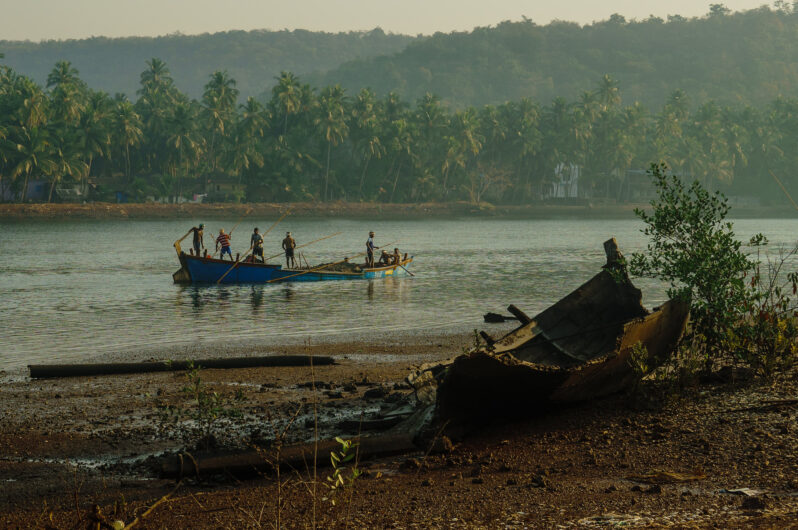
Published in 2022, links to Le Monde’s Series on Sand are provided here…
California’s war on plastic bag use seems to have backfired. Lawmakers are trying again – the Los Angeles Times
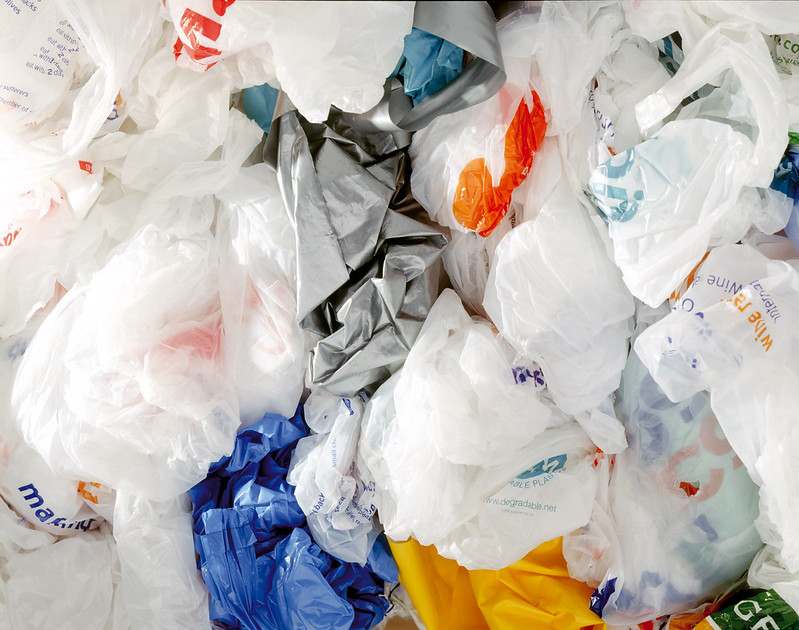
According to a report by the consumer advocacy group CALPIRG, 157,385 tons of plastic bag waste was discarded in California the year the law was passed. By 2022, however, the tonnage of discarded plastic bags had skyrocketed to 231,072 — a 47% jump…The problem, it turns out, was a section of the law that allowed grocery stores and large retailers to provide thicker, heavier-weight plastic bags to customers for the price of a dime….
Fire Blanketed Lahaina in Toxic Debris. Where Can They Put It? – the New York Times

Crews are sending thousands of truckloads of debris to a temporary disposal site (in Olowalu)..The coast of Olowalu is popular with snorkelers and filled with abundant sea life. In 2017, the coral reef offshore became a focal point for protection by the nonprofit Mission Blue, which advocates to protect the ocean. The organization said the reef acts as a sort of nursery to enhance reefs on other islands nearby. It also supports a large population of manta rays. “It’s environmentally precious,” said Tom Gruber, an adviser to Mission Blue. “It’s like Yosemite. You wouldn’t put a toxic waste dump upstream of Yosemite…”
African Penguins Have Almost Been Wiped Out by Overfishing and Climate Change. Researchers Want to Orchestrate a Comeback – Inside Climate News
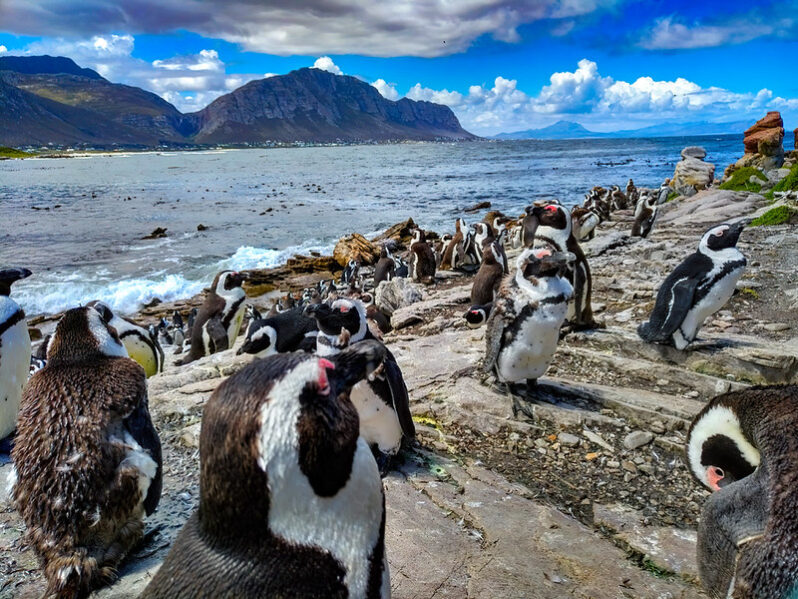
A hatchery in Cape Town breeds birds for release in a newly established sanctuary for penguins 146 miles east, where a few early signs suggest the penguins may have found a new home..
Cape Cod needs to clean up its water. The solutions could cost billions – WBUR Boston | Scientific American
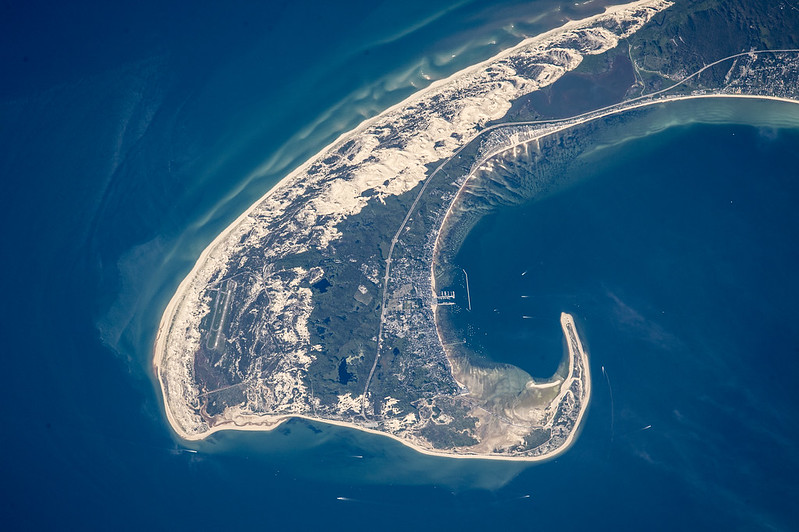
It’s a critical moment for Cape Cod. The Cape has more than 550 miles of coastline, at least 890 freshwater ponds and 53 small saltwater bays bordering the ocean. That water is the Cape’s raison d’être: residents and visitors use it for swimming, boating and fishing, and it forms the backbone of the region’s $1.4 billion tourism industry. Now Cape Cod communities are scrambling for solutions before their ecosystems, economies and property values collapse….
Popular Maui beaches remain open despite no official word they’re safe – SFGATE

Nearly six months after the Lahaina wildfire on Maui, questions remain about how ongoing contamination from the burn zone may be affecting the shoreline of West Maui — even as locals, and an increasing number of tourists, continue to swim and surf at beaches…
Can the ‘sand motor’ save West Africa’s eroding coast? – Grist Magazine
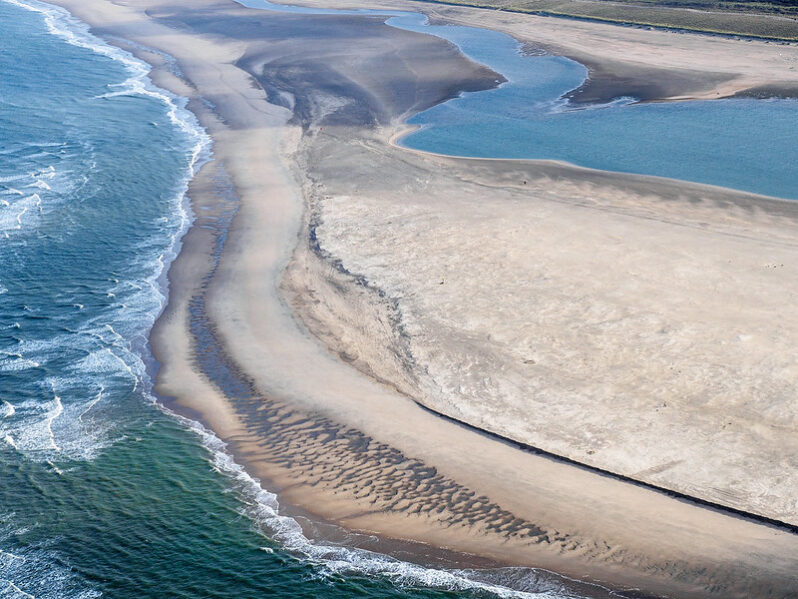
As sea levels rise, engineers are using massive Dutch-inspired sand sculptures to protect shorefront settlements…It’s called the “sand motor,” and it comes from the Netherlands, a low-lying nation with centuries of experience in coastal protection…
How Terrestrial Turds Lead to Marine Maladies – Hakai Magazine
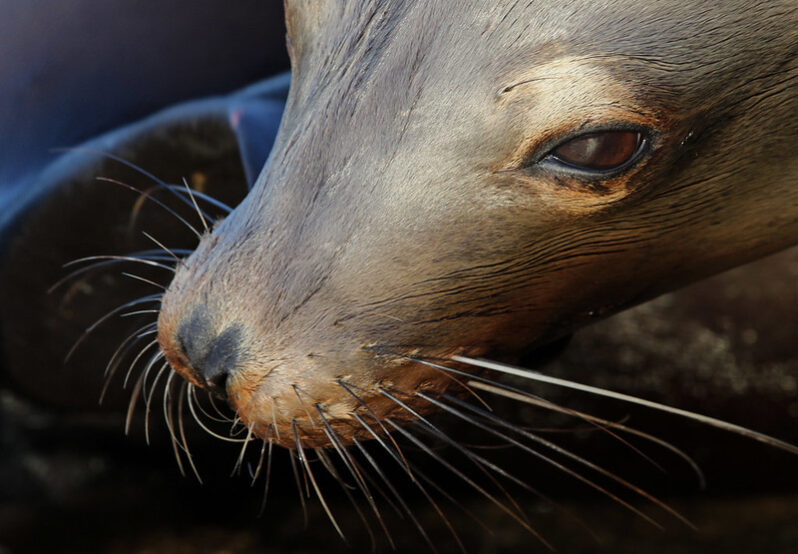
Diseases from land animals are killing marine mammals at an alarming rate. Can we stem the flow of feces?
The nurdle hunters: is combing UK beaches for tiny bits of plastic a waste of time? – the Guardian
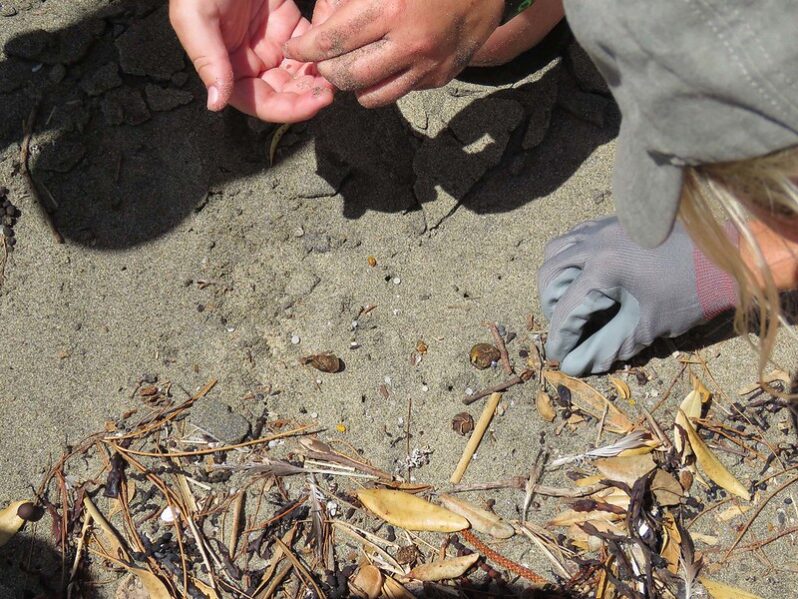
More than 170tn plastic particles are floating in the world’s oceans – and millions of them wash up on our shores…
